
"At the stroke of the midnight hour, when the world sleeps, India will awake to life and freedom. A moment comes, which comes but rarely in history, when we step out from the old to the new, when an age ends, and when the soul of a nation, long suppressed, finds utterance..... We end today a period of ill fortune, and India discovers herself again."
The above is an extract from a speech given by Pandit Jawaharlal Nehru (Tryst with Destiny speech) on the eve of the 15th of August 1947 - welcoming in India's long awaited for birth as a sovereign nation.
Independence Day is a national holiday and celebration within India. While waiting for a friend who was late meeting me for a coffee that morning, I watched a small group of people gather outside a shop, huge speakers were comically set up by far too many people - then tested loudly and badly with ear splitting noises eminating from them. A man dressed in traditional white indian male garments appeared, made a very short speech in Hindi, then walked into the middle of the gathering, hoisted the Indian flag up a flagpole that was stationed in the middle of the footpath, and then the group of men, women and children all joined in the singing of the India's national anthem. I looked around - and at the sight of the flag and the sound of the national anthem, local people came out onto the streets and stood solemnly staring at the flag, placing their right hands on their hearts - all joining in the singing. It was solemn, it was proud, it was moving. I knew this same scene was being carried out throughout the country that day - all with the same reverence.
The partition of the former British Indian Empire into India and Pakistan resulted in the largest migration of people in the world. There was chaos - yet considering the size and scale of the exercise, it was carried out swiftly and effectively. The price paid by families who were forced to leave their historical family homes and give up all they owned still colours a part of India's fabric today. There are properties here in Mumbai that were abandoned during that period - ownership of which is still in dispute - as I am sure there are all over the country. I believe the same is true in what is now Pakistan.
So democracy took its first steps on that day back in 1947, and India began a new chapter in its history. The start of the government reforms circa the 1980's when the doors in to and out of India started opening - heralded the beginning of this current bold new chapter in India's story.
Comparisons are often made between India and China. I don't know much about China so cannot offer an intelligent argument one way or the other. What I do recognise however, are India's strengths. Its strengths remain firmly tied to its democratic status; its laws & governance having been developed from english law; its enormous population; its location and time zone; the eruption of an educated labour force and media savy consumer class (over 50% of the population are under the age of 26 years old); and significantly, in my opinion - its national pride and belief in its people.
This is an exciting place to be!







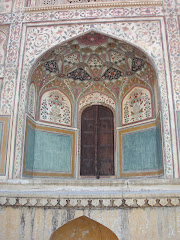
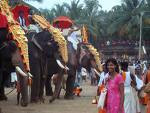
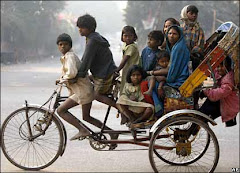
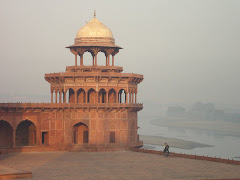


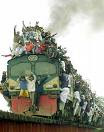
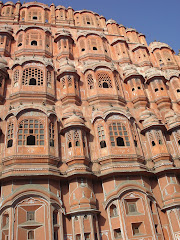
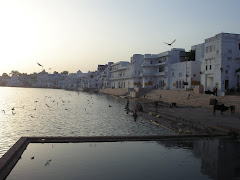

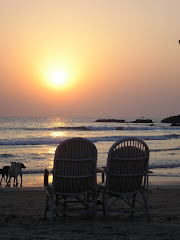

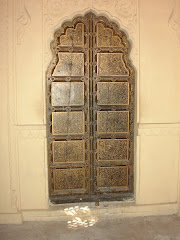
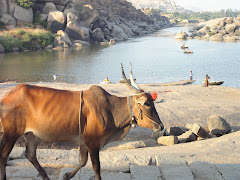
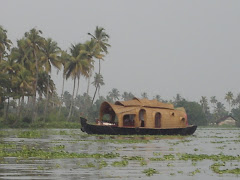

No comments:
Post a Comment